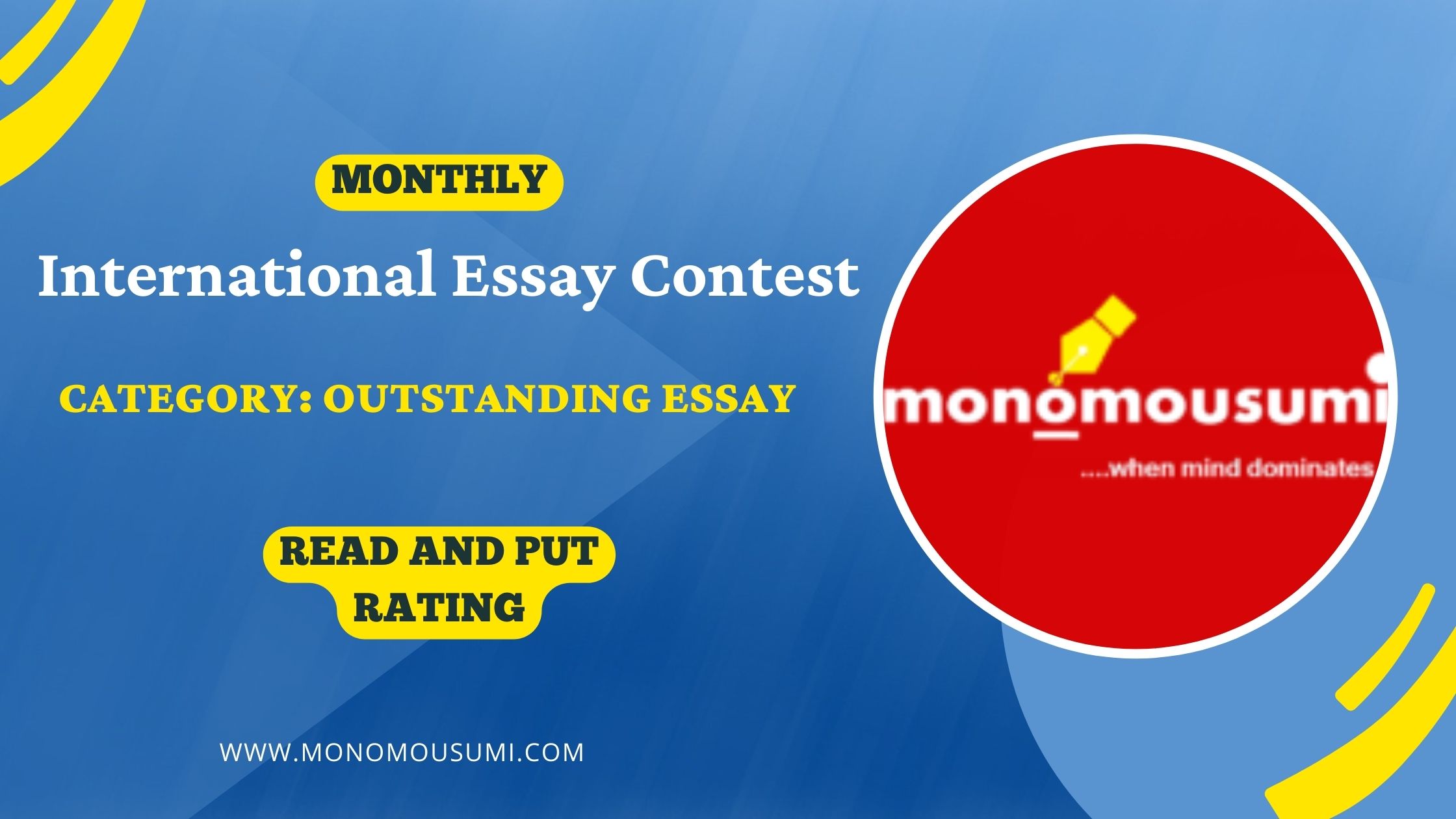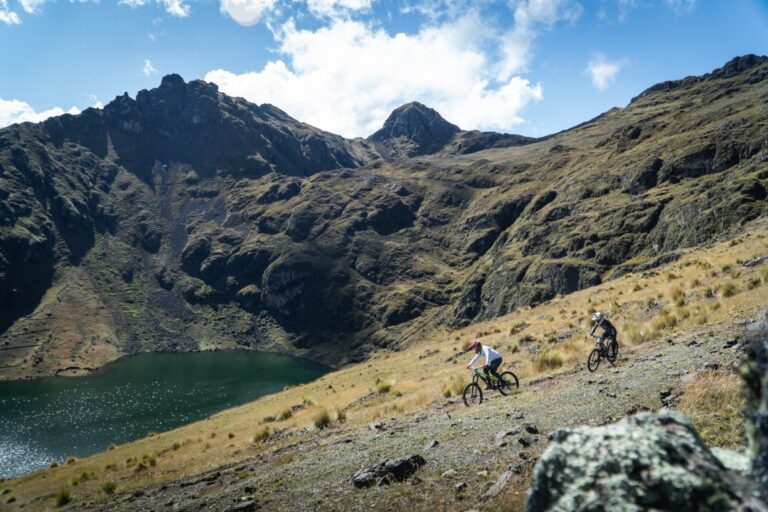
Frogs
The Cosmic Playground
Cosmic Wonders: Provide more details about specific celestial wonders such as supernovae, quasars, and the birth of stars. Discuss their scientific significance and the emotions they evoke in observers.
1. The Mystique of Space:
– The Incomprehensible Expanse: Delve deeper into the concept of the universe’s vastness, discussing mind-boggling numbers and scales. Explore the existential questions that arise from contemplating the sheer size of the cosmos.
– The Progress of Astronomical Observations: Expand on the history of astronomy, showcasing how various cultures across time have contributed to our understanding of the universe. Highlight key figures and their contributions.
– The Hubble Deep Field: Explain the Hubble Deep Field’s significance in understanding the early universe. Discuss the awe-inspiring images it has captured and the scientific insights gained.
2. The Dawn of Space Exploration:
– Sputnik and the Space Age: Describe the public’s reaction to the launch of Sputnik, emphasizing how it marked the beginning of the space age and a shift in humanity’s perspective on space.
– The Space Race: Elaborate on the geopolitical context of the Space Race, detailing the events that unfolded during this period and how they fueled rapid advancements in technology and space exploration.
– Space Agencies: Explore the roles of different space agencies worldwide, highlighting significant missions and collaborations. Discuss how international cooperation has shaped space exploration.
II. The Pioneers of the Stars:
3. Visionaries of Space Travel:
– Konstantin Tsiolkovsky: Provide more context on Tsiolkovsky’s groundbreaking work, such as his rocket equation and the concept of multi-stage rockets. Discuss his influence on future space exploration.
– Robert Goddard: Explain Goddard’s experiments with rocketry and the challenges he faced. Discuss how his work laid the foundation for modern rocket technology.
– Wernher von Braun: Explore von Braun’s contributions to the development of the Saturn V rocket and his role in the Apollo program. Highlight his journey from Nazi Germany to becoming a key figure in American space exploration.
4. The Space Race:
– United States vs. Soviet Union: Dive deeper into the Cold War context, discussing how the competition between the two superpowers extended to space exploration. Explore the impact of space achievements on Cold War politics.
– The Race to the Moon: Expand on the Apollo program, discussing the technical challenges, astronaut training, and the global significance of the moon landings.
– Lunar Missions: Provide more details about specific Apollo missions, including their objectives, scientific findings, and the experiences of astronauts.
III. The Cosmic Odyssey of Exploration:
5. Human Spaceflight:
– Yuri Gagarin: Explore Gagarin’s life and the global celebration that followed his historic spaceflight. Discuss how his mission inspired future generations of astronauts.
– Apollo 11: Describe the events of the Apollo 11 mission in greater detail, including the lunar module’s descent, Neil Armstrong’s famous words, and the emotions experienced by the astronauts and people on Earth.
– Space Shuttles: Discuss the development of the Space Shuttle program, its contributions to space science, and its challenges, such as the Challenger and Columbia disasters.
– International Space Station: Explain the importance of the ISS as a platform for international collaboration in space research. Discuss the daily life of astronauts on the ISS and its role in advancing our understanding of living and working in space.
6. Space Probes and Telescopes:
– Voyager: Provide a comprehensive overview of the Voyager missions, their discoveries, and their ongoing journey into interstellar space. Discuss the Golden Record and its message to potential extraterrestrial civilizations.
– Hubble Space Telescope: Discuss Hubble’s major contributions to astronomy, such as determining the rate of expansion of the universe and capturing stunning images of distant galaxies. Mention its repair missions and future prospects.
– Mars Rovers: Detail the missions of various Mars rovers, including Spirit, Opportunity, Curiosity, and Perseverance. Highlight their discoveries and their role in the search for past or present life on Mars.
– New Horizons: Expand on the New Horizons mission’s encounter with Pluto and its ongoing exploration of the Kuiper Belt. Discuss its contributions to our understanding of the outer solar system.
IV. Cosmic Enigmas and Discoveries:
7. Black Holes and Dark Matter:
– Einstein’s Theory of General Relativity: Provide a more in-depth explanation of Einstein’s theory and how it revolutionized our understanding of gravity and spacetime.
– Black Hole Revelations: Explore the latest developments in black hole research, such as the discovery of gravitational waves and the study of supermassive black holes at the centers of galaxies.
– Event Horizon Telescope: Discuss the technical challenges of capturing the first black hole image and its implications for astrophysics.
– Dark Matter: Delve deeper into the search for dark matter, including experiments, theories, and its potential role in shaping the universe’s structure.
8. Origins of Life and the Search for Extraterrestrial Intelligence:
– Extremophiles: Provide examples of extremophiles on Earth and explain how their existence informs the search for life on other planets.
– SETI: Discuss the history and ongoing efforts of the Search for Extraterrestrial Intelligence, including the development of radio telescopes and the analysis of potential signals from space.
– Exoplanets: Explore recent discoveries of exoplanets in the habitable zone and the methods used to study their atmospheres and potential for hosting life.
V. Challenges and Future Frontiers:
9. Space Pollution and Sustainability:
– Space Debris: Discuss the increasing threat of space debris to satellites and the ISS. Explain mitigation strategies and the importance of responsible space debris management.
– Sustainable Space Exploration: Explore the concept of sustainable space exploration, including the use of renewable energy sources and recycling resources in space.
– Space Mining: Elaborate on the potential benefits and ethical considerations of space mining, including the extraction of rare minerals and water from celestial bodies.
10. Colonizing Other Worlds:
– Mars Colonization: Discuss the latest developments in plans for human colonization of Mars, including SpaceX’s Starship and NASA’s Artemis program. Address the challenges of sustaining life on Mars.
– Interstellar Travel: Explore the theoretical concepts of interstellar travel, such as the Alcubierre warp drive and generation ships. Discuss the scientific and technological hurdles involved.
– Dyson Spheres: Explain the concept of Dyson Spheres and their potential as a long-term energy solution for advanced civilizations. Discuss the feasibility and challenges of building such megastructures.
VI. The Ongoing Cosmic Odyssey:
11. The Spirit of Exploration:
– Human Curiosity: Reflect on the enduring human curiosity that drives us to explore and discover the unknown. Discuss how this curiosity has evolved over time and its role in scientific progress.
– Resilience Amid Challenges: Provide examples of challenges and setbacks in space exploration and how they have been overcome. Highlight the determination and resilience of astronauts and scientists.
– The Next Giant Leap: Speculate on the future of space exploration, including upcoming missions to Mars, the Moon, and beyond. Discuss the potential for breakthroughs in propulsion technology and the discovery of extraterrestrial life.
12. The Cosmic Tapestry:
– A Shared Destiny: Emphasize the importance of international cooperation in space exploration and how it reflects humanity’s shared interest in understanding the cosmos.
– The Unending Wonder: Explore the philosophical and existential questions raised by our exploration of the universe. Discuss how space exploration has deepened our appreciation for the beauty and complexity of the cosmos.
– Beyond the Stars: Encourage readers to contemplate the limitless possibilities that lie ahead in our cosmic journey, from potential contact with extraterrestrial civilizations to the colonization of distant worlds.
Conclusion
In conclusion, this essay continues to celebrate the remarkable saga of human exploration, resilience, and boundless curiosity in the realm of space. It highlights the profound impact of space exploration on our understanding of the universe, our place within it, and the limitless potential of humanity’s cosmic odyssey.
As we look to the future, the stars remain our destination, and the cosmos continues to inspire us to explore, discover, and transcend. Our ongoing cosmic odyssey beckons us to journey into the unknown, reminding us that the pursuit of knowledge and the wonder of the universe are timeless and unending.
By: Aayush Bhatt
Write and Win: Participate in Creative writing Contest & International Essay Contest and win fabulous prizes.


